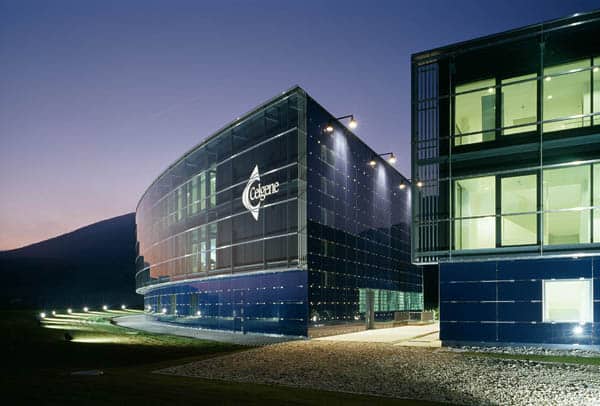
NICE no for Celgene’s Revlimid
pharmafile | July 11, 2013 | News story | Sales and Marketing | Celgene, NICE, Revlimid
NICE has issued new draft guidance not recommending Celgene’s bone marrow disorder drug Revlimid over uncertainties of its efficacy.
Revlimid (lenalidomide), which comes in a pill form, has been turned down by NICE for patients with myelodysplastic syndromes associated with a deletion 5q cytogenetic abnormality.
NICE currently recommends Celgene’s older injectable drug Vidaza (azacitidine) for certain forms of MDS. This was offered under a patient access scheme which cuts the price of the drug, which also has licences to treat chronic myelomonocytic leukaemia or acute myeloid leukaemia.
NICE’s expert committee said that the most likely case for Revlimid, when compared with best supportive care, was likely to be greater than £70,000 per QALY gained. NICE does not usually approve a drug over £30,000 per QALY.
The drug is available in 21-day packs of 10mg and 5mg capsules at prices of £3,780 and £3,570 respectively. Celgene has not offered a patient access scheme for the medicine, but still has the opportunity to do so.
Commenting on the draft guidance, Sir Andrew Dillon, NICE’s chief executive, said: “Azacitidine was the first drug developed specifically for treating MDS and it is recommended for use on the NHS by NICE. However, at the moment, for patients with this particular kind of MDS, the main treatment option is best supportive care, which includes blood transfusions.
“The committee heard from clinical experts that lenalidomide is an effective targeted therapy, with a real impact on the decreased need for blood transfusions. The drug comes in tablet form, meaning that patients spend less time in hospital. However, data provided by the manufacturer showed uncertainty about whether lenalidomide actually extended these patients’ lives.
“NHS resources are limited and NICE has to decide what treatments represent best value to the patient as well as the NHS, and in this case the manufacturer did not provide enough certain evidence to justify the price they are asking the NHS to pay.”
Myelodysplastic syndromes, which are diagnosed in around 2,000 people each year in England, are a group of bone marrow disorders characterised by the underproduction of one or more types of blood cells due to dysfunction of the marrow.
MDS can lead to life threatening disease including acute myelogenous leukaemia (AML), as well as anaemia and increased risk of bleeding and infections.
Ben Adams
Related Content

Digital mental health technologies – a valuable tool in supporting people with depression and anxiety
The potential benefits of digital mental health technology for managing depression, anxiety and stress, together …

Combination treatments: Takeda’s Implementation Framework and the broader landscape
Pharmafile talks to Emma Roffe, Oncology Country Head (UK & Ireland) about the combination treatment …
NICE recommends Pfizer’s new once-weekly treatment for haemophilia B on NHS
Walton Oaks, 21st May 2025 – Pfizer Ltd announced today that the National Institute for Health and Care …






